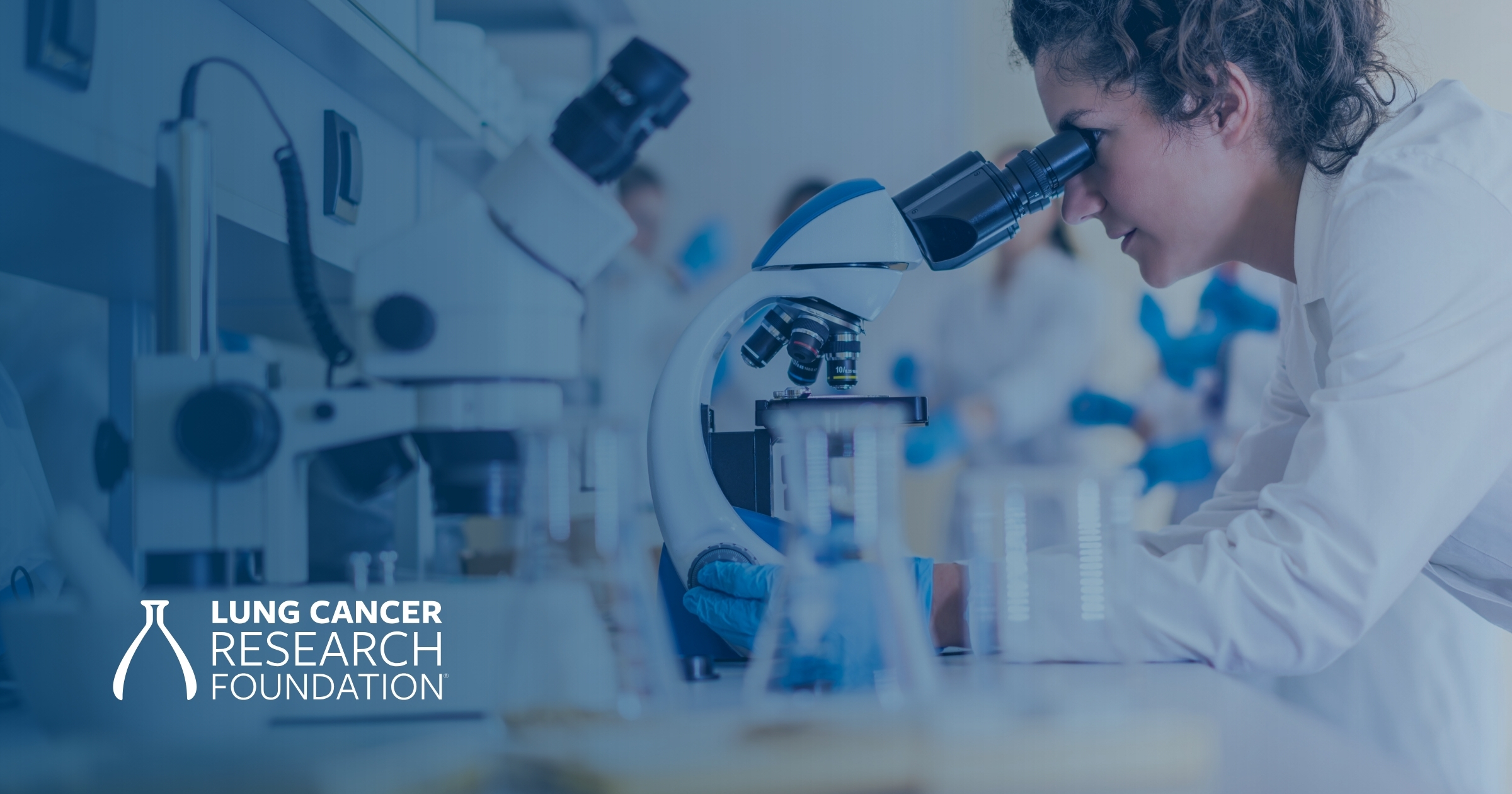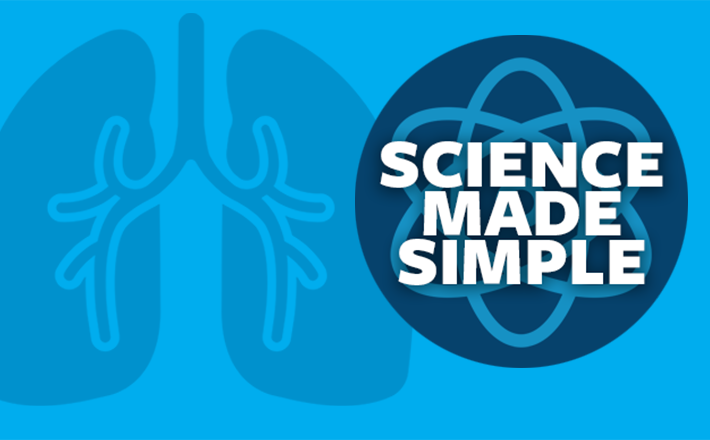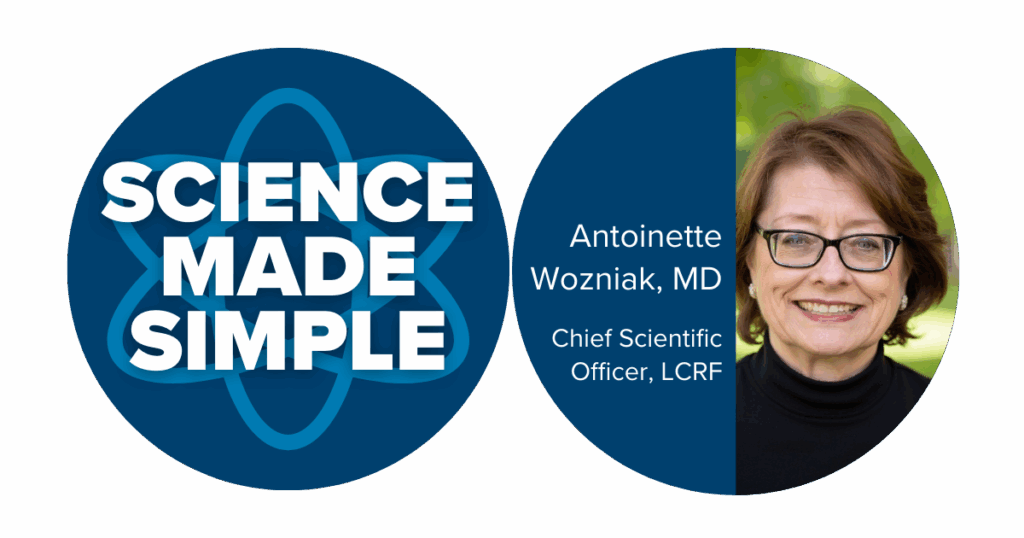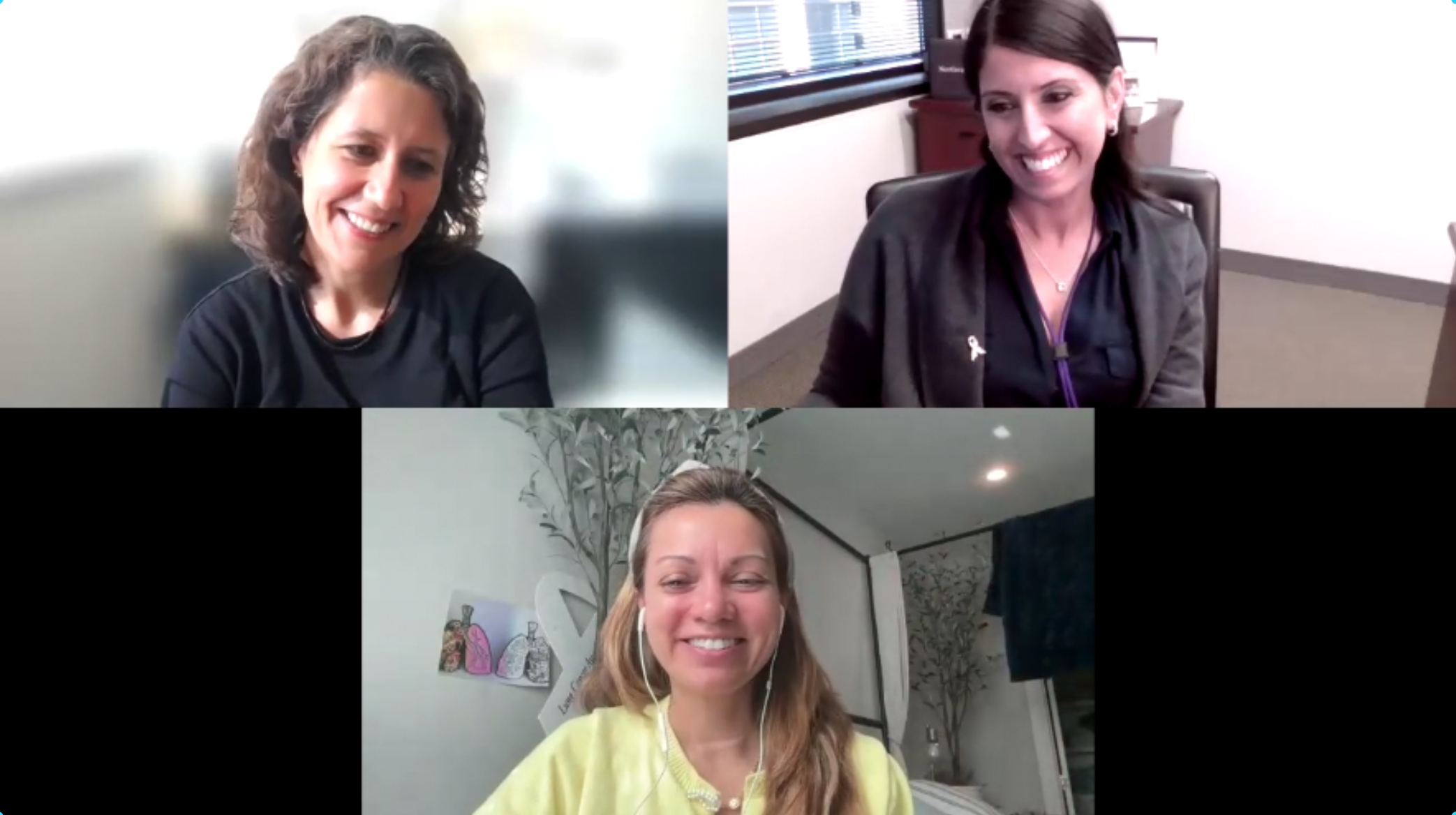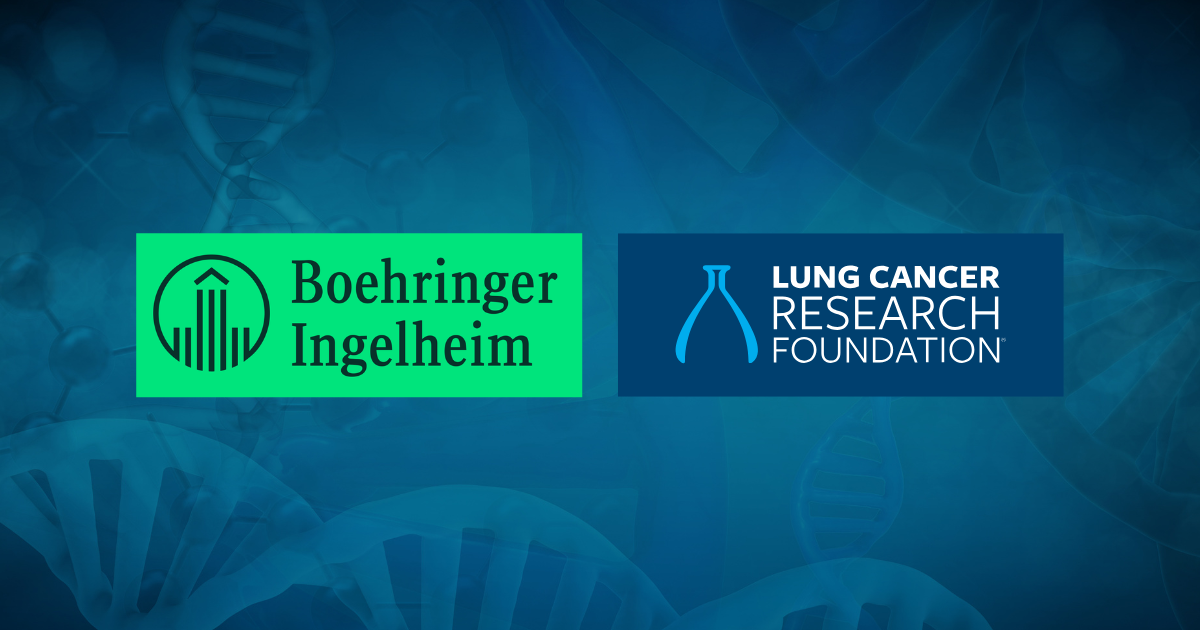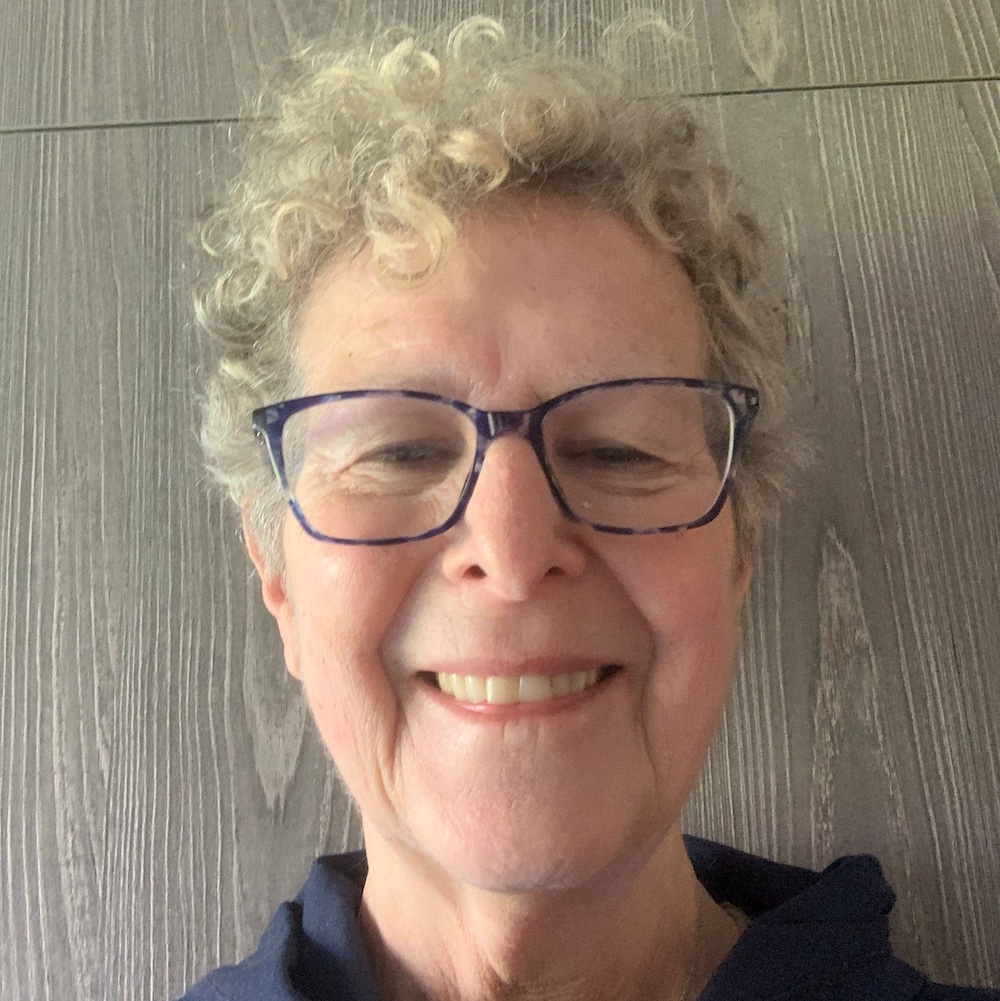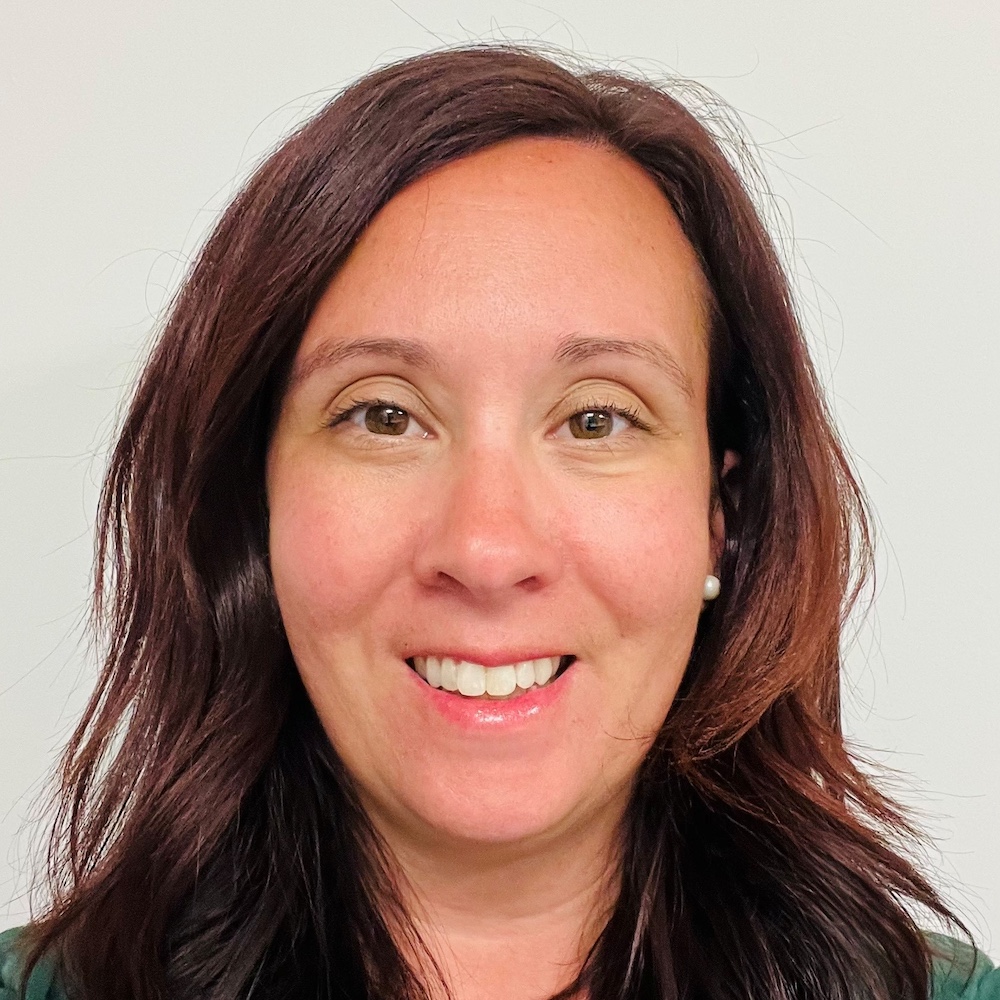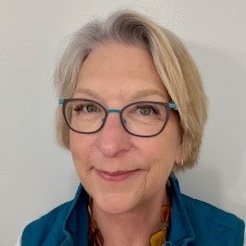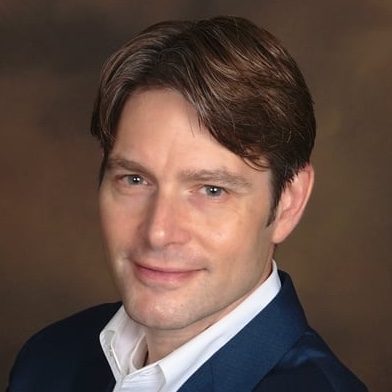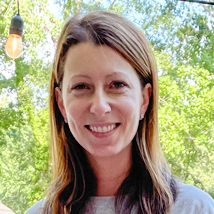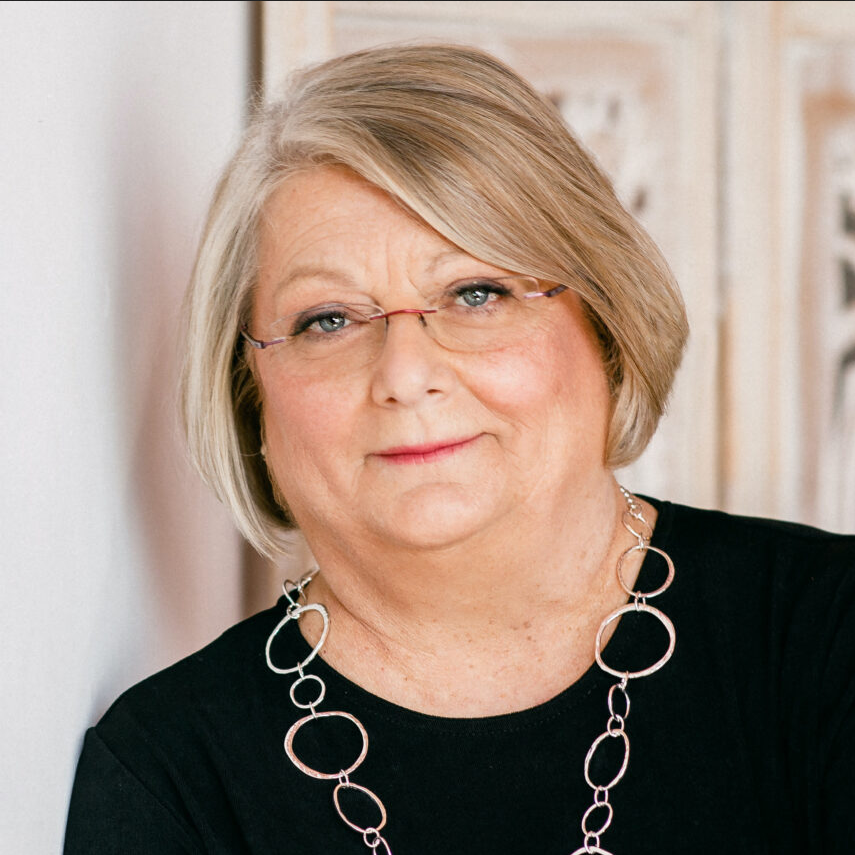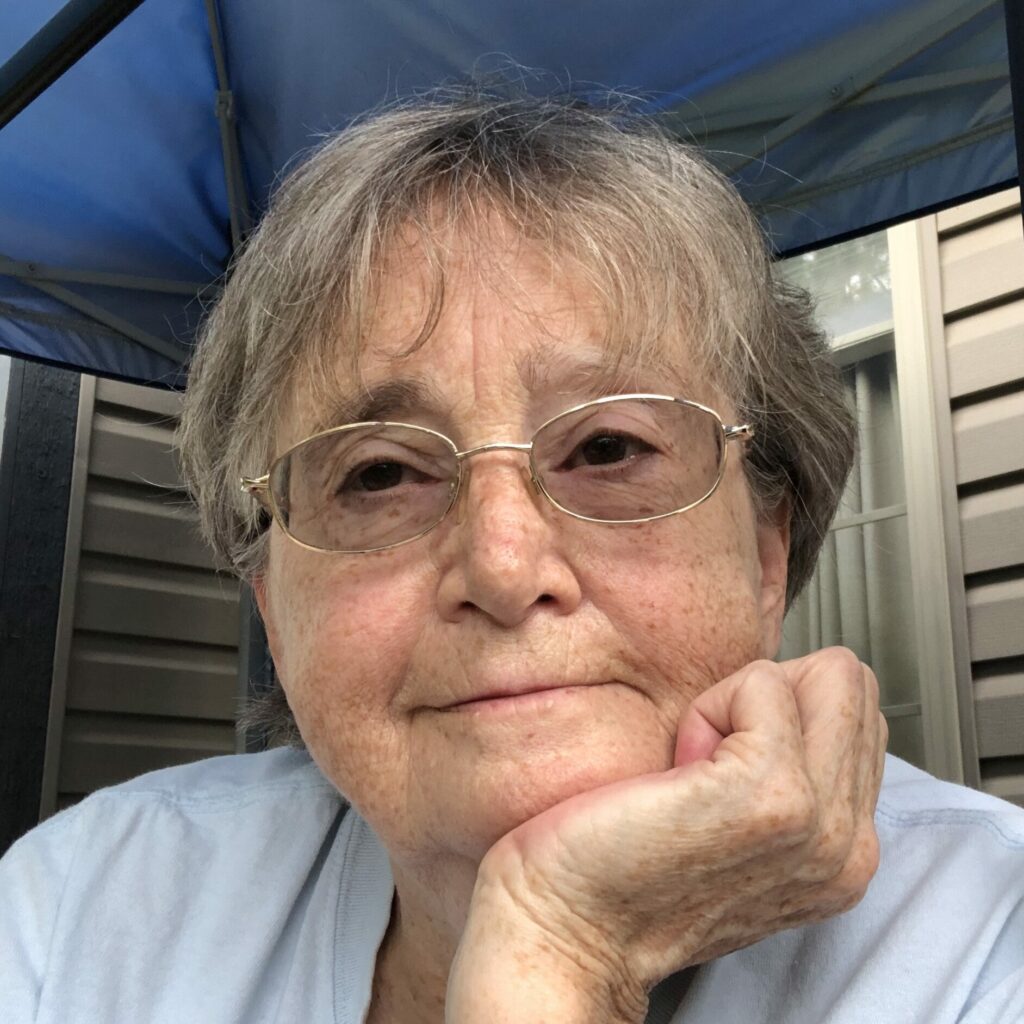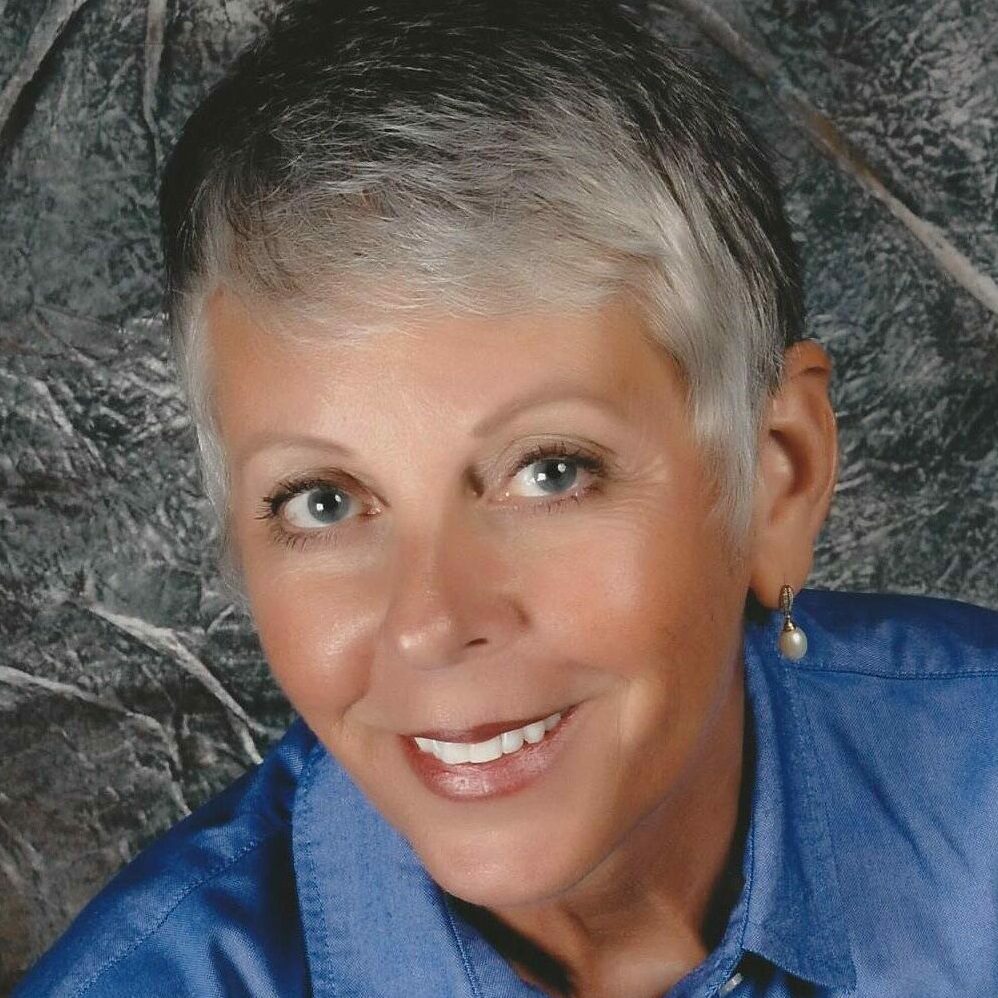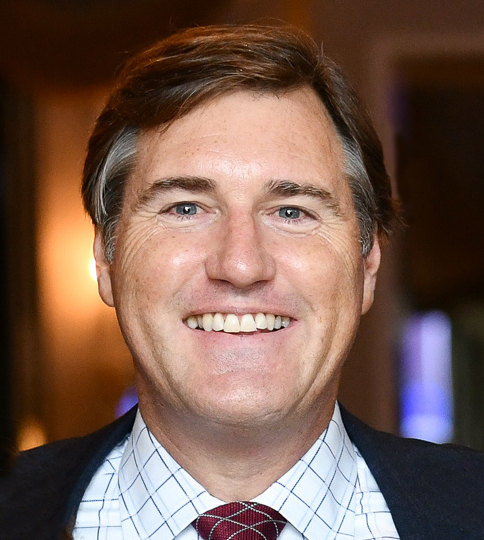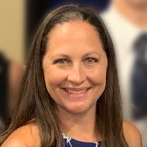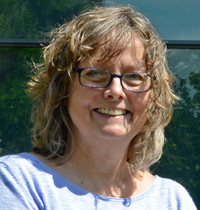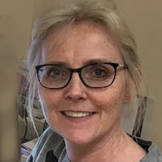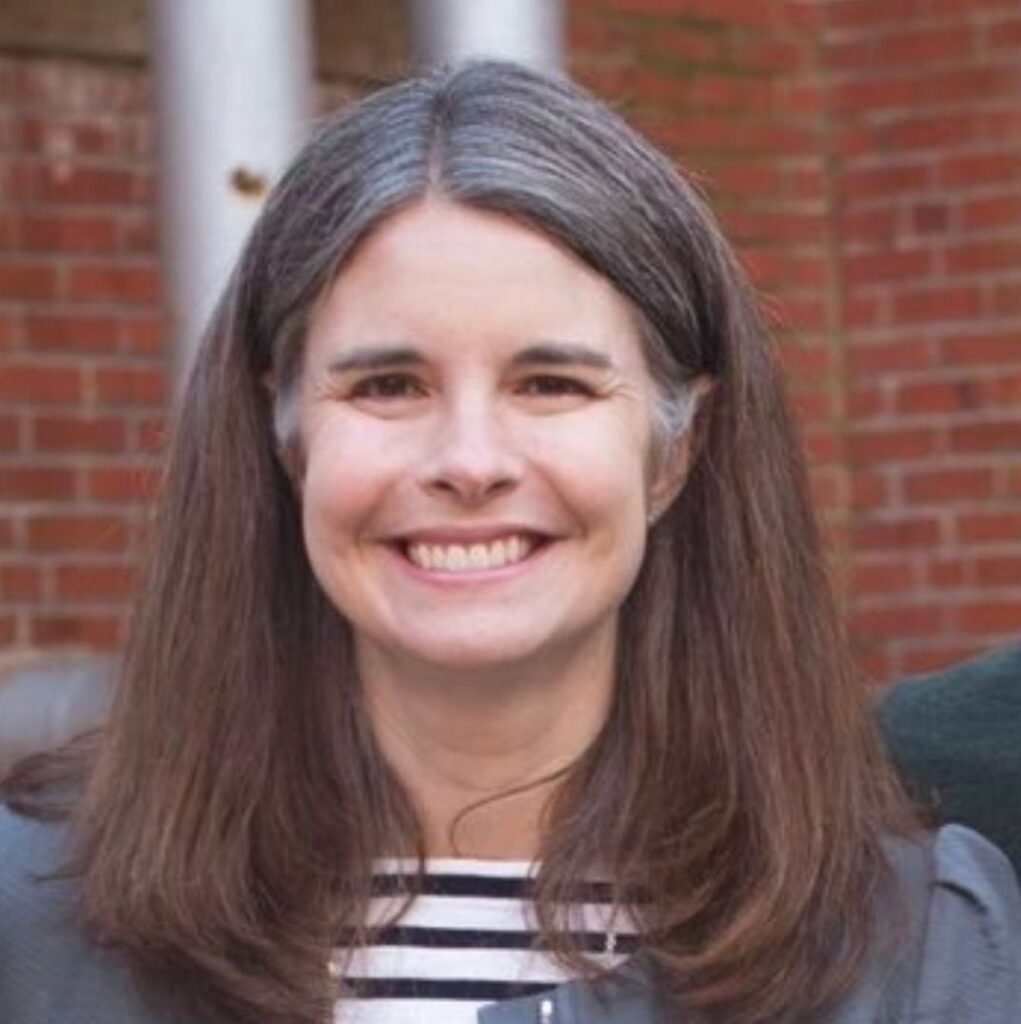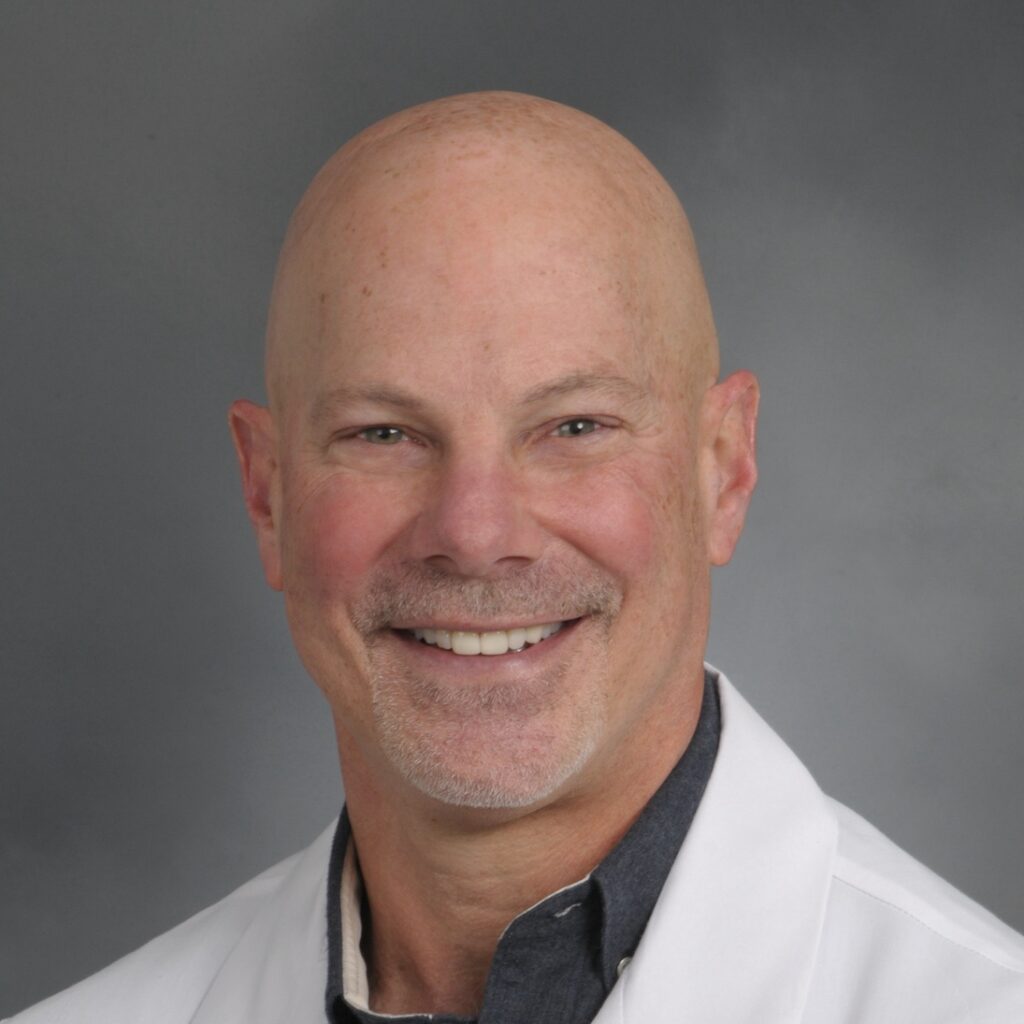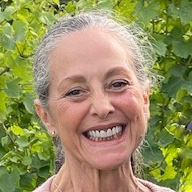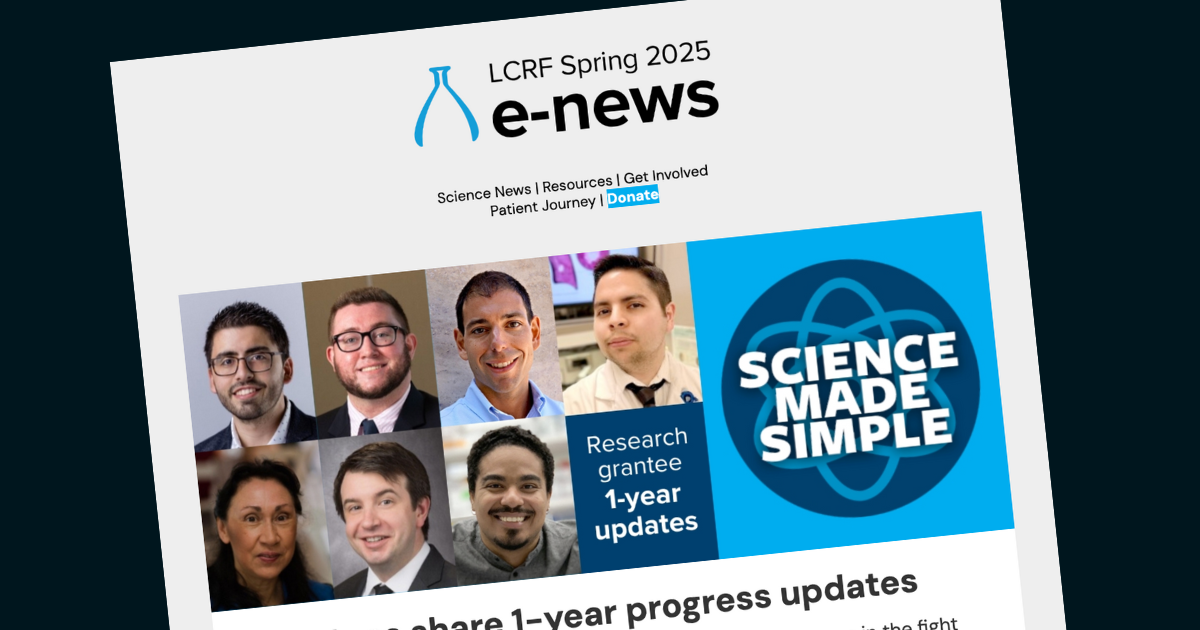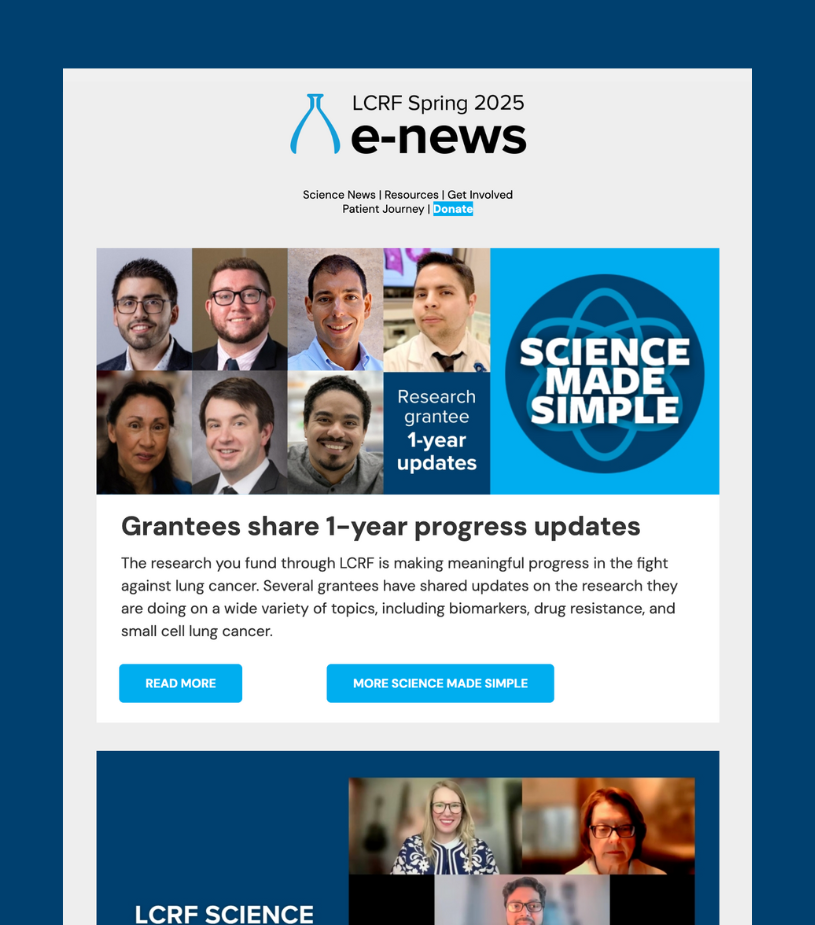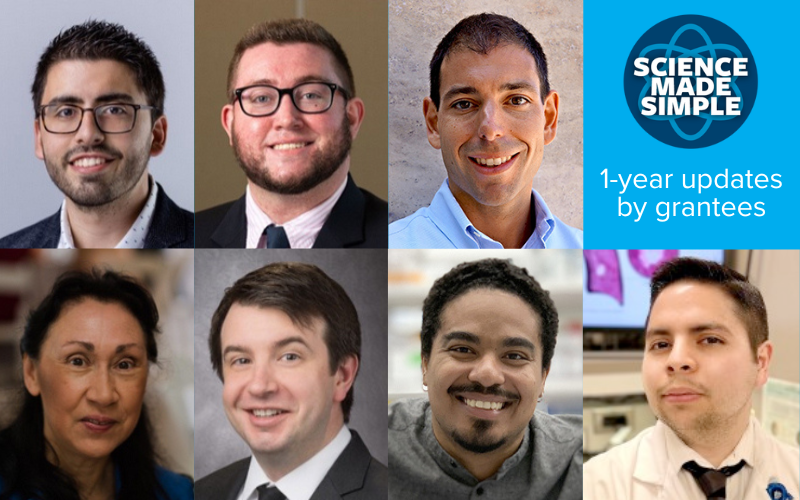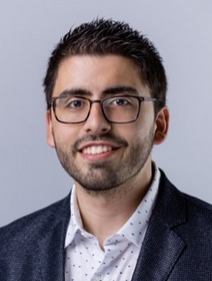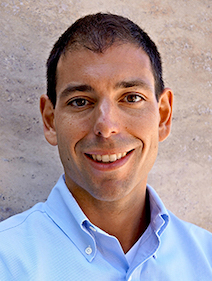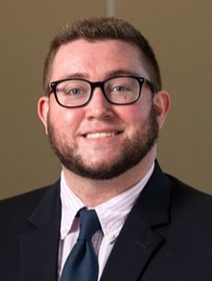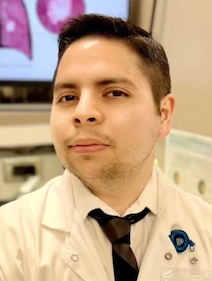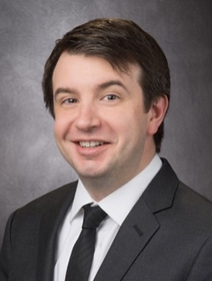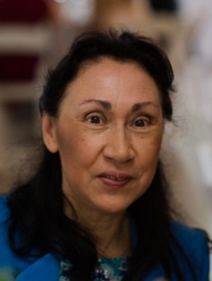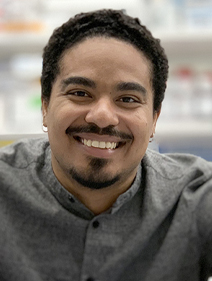Through direct donor funding and research collaborations, LCRF strengthens commitment to research
NEW YORK, NY (July 15, 2025) – The Lung Cancer Research Foundation recently announced several new funding opportunities in addition to its normal RFP cycle that began in January. In June, Requests for Proposals were made available for submission for two new Team Science awards and an Early Career Investigator award, providing the research community with more opportunities to advance lung cancer research.
The 2025 LCRF Team Science Award on Advancing Therapies Toward Curing EGFR Mutated Lung Cancers, a 3-year, $1.5 million award, made possible by a generous private donation from Benay and Steven Taub, will focus on furthering the development of novel therapies for patients with EGFR-mutant Non-Small Cell Lung Cancer (NSCLC.)
A research collaboration with Boehringer Ingelheim, totaling $2.25 million, will provide funding for two other grant awards. The LCRF|Boehringer Ingelheim Team Science Award on Innovative Approaches Toward the Treatment of HER2-Driven Lung Cancer award, is a $1.5 million, 3-year award focusing on the science behind HER2 mutations as a driver of malignancy and/or the development of novel therapeutic approaches to treat tumors with HER2 mutations. The LCRF|Boehringer Ingelheim Early Career Investigator’s Award on Innovative Approaches Toward the Treatment of HER2-Driven Lung Cancer will fund three, two-year grants focused on the study of HER2 mutant lung cancer, supporting the work of scientists who are early in their independent research careers.
“LCRF was founded twenty years ago to address critical gaps in lung cancer research funding. Today, as the research landscape grows more uncertain, we remain committed to advancing the science by partnering with like-minded individuals and organizations. Private funding is more essential than ever to sustain progress. While we’ve made significant strides in treatment discovery, far too much promising research still goes unfunded,” says Aubrey Rhodes, LCRF’s executive director. “It is through the generosity of people like Benay and Steven Taub, and the vision of collaborators like Boehringer Ingelheim, that we will make an impact for people living with lung cancer. We have been very fortunate to have many incredible partners that make research happen and look forward to continuing to partner with those who believe, as we do, that investing in research now is what will bring breakthroughs to the fore.”
“We believe that supporting scientists to pursue their curiosity is key to driving meaningful progress and innovation—and that collaboration is essential to bringing groundbreaking treatments to patients,” said Bjoern Rueter, U.S. Vice President, Clinical Development and Medical Affairs, Boehringer Ingelheim. “We are excited to join forces with Lung Cancer Research Foundation as we embark on a new era for cancer research and create the Team Science and Early Career Investigator awards focused on HER2-mutant lung cancer.”
“Now more than ever, it is important for organizations like LCRF to fill funding gaps,” says Kathryn O’Donnell, PhD, Chair of LCRF’s Scientific Advisory Board, and Associate Professor of Molecular Biology at UT Southwestern Medical Center. “Partnerships and collaborations across the lung cancer community will allow LCRF’s research program to address unmet needs for researchers, their labs, and all people affected by lung cancer who look to LCRF to fund innovative projects. These efforts will ultimately lead to breakthrough discoveries and new therapies.”
Benay Taub, a lung cancer survivor, was very direct. “Our goal in funding the Team Science Award focused on EGFR lung cancers is to support a team of committed researchers in pursuit of improved treatments and outcomes for lung cancer patients, and hopefully, one day, a cure.”
To learn how you can support LCRF’s research grant program and keep science moving forward, visit LCRF.org/research.
###
About the Lung Cancer Research Foundation (LCRF)
The Lung Cancer Research Foundation® (LCRF) is the leading nonprofit organization focused on funding innovative, high-reward research with the potential to extend survival and improve quality of life for people with lung cancer. LCRF’s mission is to improve lung cancer outcomes by funding research for the prevention, diagnosis, treatment, and cure of lung cancer. To date, LCRF has funded 429 research grants, totaling nearly $48 million, the highest amount provided by a nonprofit organization dedicated to funding lung cancer research. For more information about the LCRF grant program and funding opportunities, visit lcrf.org/research.
Contact:
Sheila Sullivan
Sr. Director, Marketing & Communications, LCRF
ssullivan@LCRF.org
